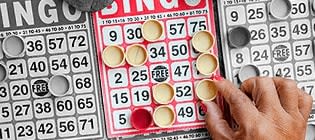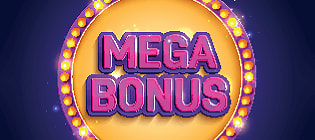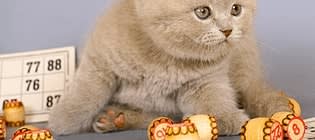The first Bingo players
The first Bingo-like game was played in Italy in the 1530s. Back then it was known as Lo Giuoco del Lotto D'Italia, and had the same basic format of randomly-drawn numbers matched against those on each player's card. Le Lotto, as it was later known went on to become extremely popular in pre-Revolutionary France, where serious gamblers would lay down huge stakes on a single game.
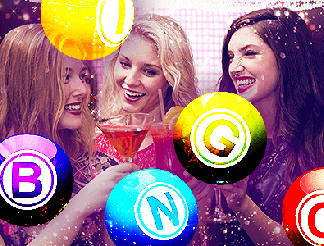
Rebirth in America
The game as we know it was developed in the USA in the 1920s. It was a fairground attraction in Atlanta, Georgia known as Beano, and players would yell "Beano!" when they won. A traveling salesman from New York played in a game where the winner mistakenly shouted "Bingo!", and thus the modern game was born.
The salesman knew he was onto a winner and enlisted the help of a mathematician to design 6,000 unique Bingo cards, a task which is believed to have driven the mathematician to insanity. By the 1930s, the game had been adopted by the Catholic Church in some parts of America as a fun way of raising funds, given the game its legacy of being played in church halls.
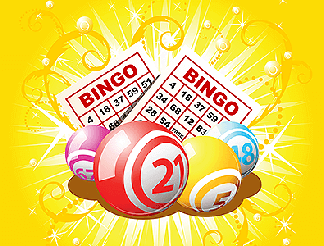
Bingo vs the law
Back in the UK, various Bingo-like games were already quite popular at the end of the 19th century. One particular version was called Housey-Housey and proved extremely popular amongst women, before later becoming extremely popular amongst soldiers. Housey-Housey was played in the tranches of World War I, and many of those men set up games back in Britain when the war ended.
The only problem was this: gambling was technically illegal. Police largely ignored the offence unless a particular complaint was made, and in 1934 betting laws were eventually relaxed. There were restrictions on the amount that could be won offered in prizes, but the game--by now known everywhere as Bingo--continued to grow in popularity. In 1968, the Gaming Bill was passed, redefining modern gambling and allowing Bingo to thrive in Britain.
"Two fat ladies...88"
While the game itself may be Italian or American, those funny Bingo calls are very much a British invention. Many early Bingo callers had their own personal set of calls, but by the 1950s the language of Bingo had more or less been settled.
Most Bingo calls either really on rhymes ("cup of tea, number 3") or the appearance of the number itself ("one little duck, number 2"). Reading through some of the older calls is in itself a delightful journey through British history; "Tom Mix, number 6", refers to a largely-forgotten star of silent westerns.
Does the taxman win too?
In the UK, winnings from gambling are tax-free, so if you're lucky enough to win then it's all yours. Bingo companies, however, have up until recently been subject to a 20% tax on their profits, which is higher than the 15% rate paid by bookmakers. In the 2015 budget, the government cut that duty to 10%. While this doesn't directly affect players, the companies involved have promised to use the savings to increase prizes and reduce entry fees.

Author
Gavin Lenaghan
Gavin writes on a wide range of subjects, including articles and reviews about online casinos, slots, bingo, poker, and sportsbooks. He has considerable expertise in the games, customer service, and other aspects of today’s leading gambling and betting portals.
